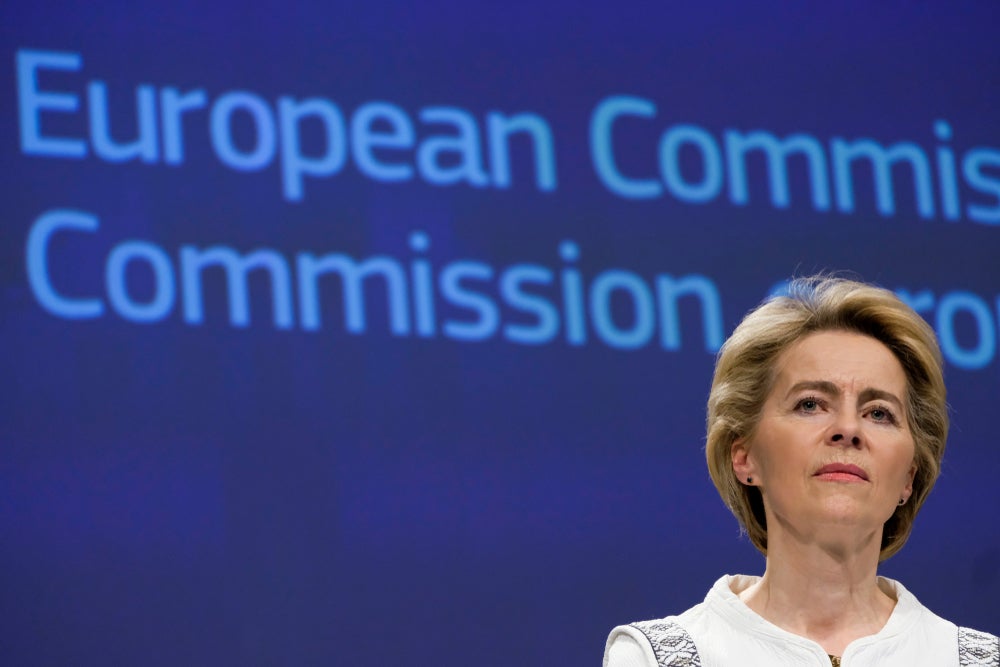
The White House and European Commission have today announced a major new deal that will see the US sending 15 billion additional cubic metres of liquified natural gas (LNG) to European nations by the end of this year, in a direct attempt to help Europe wean off of Russian supplies.
The deal was announced as part of US President Joe Biden’s three day visit to Brussels, during which he spoke with the European Commission about the ongoing conflict. The increase in LNG imports is hoped to not only fill the market gap left by sanctions on Russian supplies, but also move Europe closer to its clean energy transition.
How well do you really know your competitors?
Access the most comprehensive Company Profiles on the market, powered by GlobalData. Save hours of research. Gain competitive edge.

Thank you!
Your download email will arrive shortly
Not ready to buy yet? Download a free sample
We are confident about the unique quality of our Company Profiles. However, we want you to make the most beneficial decision for your business, so we offer a free sample that you can download by submitting the below form
By GlobalData“We share the objective of addressing the energy security emergency – to ensure energy supply for the EU and Ukraine,” the White House statement reads. “We welcome the continued progress toward the physical integration of Ukraine with the EU energy markets. The energy security and sustainability of the EU and Ukraine are essential for peace, freedom, and democracy in Europe.”
Responding to Russia’s invasion of Ukraine, Western nations have announced their intention to cut ties with Russian energy supplies, with the US and UK curbing all imports of Russian commodities and the EU announcing its intention to become independent from Russian fossil fuels before 2030.
Under the Joint European action for more affordable, secure, and sustainable energy (REPowerEU), European nations will seek to diversify gas supplies and ramp up deployment of renewable gases. The Commission estimates this could slash EU demand for Russian gas by two thirds before the end of the year.
European Commission President Ursula von der Leyen said of the objective: “We simply cannot rely on a supplier who explicitly threatens us. We need to act now to mitigate the impact of rising energy prices, diversify our gas supply for next winter, and accelerate the clean energy transition.”
Currently, Russia is the EU’s largest supplier of LNG, exporting between 14 billionand 18 billion cubic metres annually for the past few years. Imports of US fuel have been rising for several months now as supplies from Russia were reduced; initially as part of the bid to gain approval for NordStream2, and latterly as a result of its invasion of Ukraine.




